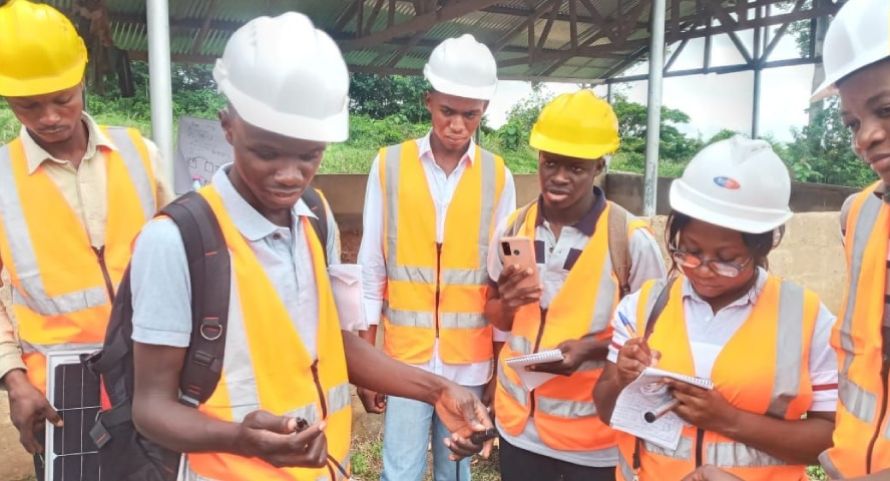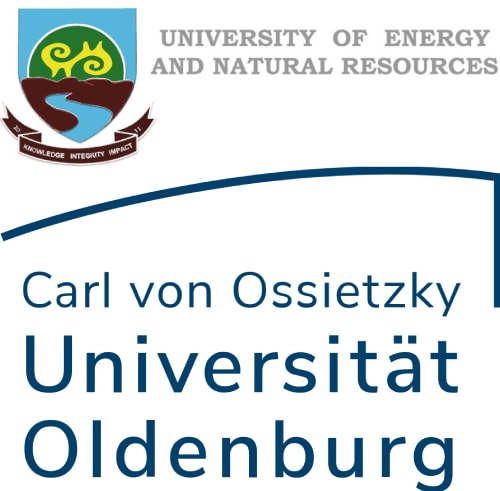New curriculum strengthens knowledge of rural energy supply

The challenge
Although countries like Ghana, Kenya and Rwanda are well on their way to providing their entire populations with access to energy, on the other hand, 600 million Africans south of the Sahel have no access to energy, according to the International Energy Agency (IEA). Those most affected are people living in rural regions. There are many reasons for this. One is that actors who are usually based in cities have an inadequate understanding of the complex conditions for rural energy supply. This is also true for students and thus the budding engineers and potential leaders of tomorrow.
The goals
In order to sharpen knowledge about rural energy supply and its challenges, the partners – the Ghanaian University of Energy and Natural Resources (UENR) and the Carl von Ossietzky University Oldenburg (UOL) – want to improve the corresponding didactics. This is to be achieved through the exchange of ideas and knowledge with the aim of adapting practice-oriented learning approaches of the partner.
The partners
The Regional Centre for Energy and Environmental Sustainability (RCEES) at UENR is a renowned center of excellence in the fields of energy and environmental sustainability. Those responsible for the joint project – Director Prof. Eric Ofosu Antwi and Research Associate Dr. Benjamin Batinge – are proven experts in the fields of energy access, water management and development cooperation.
The UOL researches and teaches on the theoretical foundations of renewable energy. Dr. Hans Holtorf, who is responsible for the project, has great expertise in the topics of photovoltaics and off-grid supply. The research assistant Gloria Boateng-Esinam knows the Ghanaian energy sector and the challenges of rural energy supply very well. In addition, she studied at both UENR and UOL and thus serves as a link between the partners.
Approach
In order to achieve their goals, the partners recorded the initial situations in both countries and defined the conceptual approach. In a kick-off workshop, they defined sub-activities. These envisage mutual consultation and development of their postgraduate courses and joint teaching in the important technology areas.
The partners intend to back up their didactic concept with a literature review. By means of case studies in the respective master programs of the two institutions, the didactic objectives are to be elaborated. This approach allows students to develop their competencies through independent research under the guidance of the respective lecturers. These case studies are designed in such a way that students in Ghana and Germany work and research in mixed groups.
With this approach, the institutes want to improve their training and teaching, sensitize their students to the challenges of rural energy supply, and strengthen their cooperation in partnership.
Context orientated academic courses strengthens students' competencies for rural energy supply.
Skills
Ghanaian University of Energy and Natural Resources (UENR) - Carl von Ossietzky University Oldenburg (UOL)
01/10/2022 - 28/02/2023



